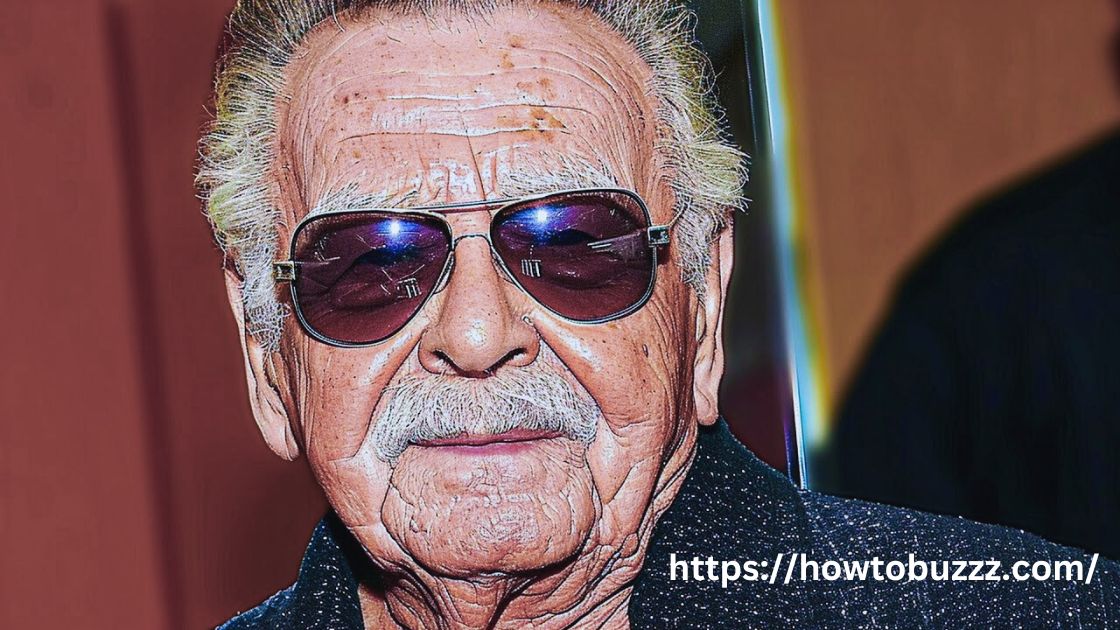A Reflection on His Life and Legacy at Max Baer Age 103

As we consider the remarkable max baer age 103, it’s compelling to explore the life and enduring impact of Max Baer, one of boxing’s most iconic figures. This article delves into Baer’s extensive career, contributions to the sport, and lasting influence on boxing and popular culture.
Early Life and Rise to Fame
Max Baer was born in Omaha, Nebraska on February 11, 1909. Baer’s physical prowess was evident from an early age, propelling him into the world of professional boxing during a time when the sport was a significant part of American culture. His charisma and formidable presence in the ring quickly made him a fan favorite.
Baer’s rise to prominence in the boxing world was marked by his mighty right hand and his ability to entertain audiences with his flamboyant personality. His career significantly turned in 1933 when he defeated Max Schmeling, a renowned German boxer. This victory was a personal triumph and a symbolic moment during the politically charged pre-WWII era.
Championship and Controversies
max baer age 103 claimed the heavyweight title after a dramatic victory over Primo Carnera. This match underscored his reputation as a formidable opponent in the ring. However, Baer’s career was subject to controversy. His fight with Frankie Campbell in 1930, which tragically resulted in Campbell’s death, cast a long shadow over his achievements. Despite this, Baer’s remorse and subsequent support for Campbell’s family showcased his character outside the ring.
Hollywood and Personal Life
max baer age 103 charisma led him to Hollywood, where he appeared in several films. His most notable role was in “The Prizefighter and the Lady” (1933). Off-screen, Baer was known for his upbeat personality and turbulent personal life, including high-profile relationships and marriages that were often fodder for the press.
Legacy and Influence on Boxing
Max Baer’s influence on boxing extends beyond his physical achievements in the ring. He was known for breaking racial barriers by fighting African American boxers during a time when many white fighters avoided such contests. His bouts with Joe Louis and James J. Braddock, where he lost his championship, were significant for their athletic spectacle and cultural impact, challenging racial prejudices and promoting a more inclusive sport.
The Enduring Cultural Impact
Beyond the realm of sports, Baer’s life story has been a source of inspiration for various forms of media. The most notable portrayal of his life came in the 2005 film Cinderella Man, in which Craig Bierko played Baer. While the film was criticized for its inaccurate portrayal of Baer as a villain, it nonetheless sparked renewed interest in his life and career.
Max baer age 103 Reflecting on a Century
If Max Baer were alive today, celebrating his 103rd birthday, we would reflect on his life as a testament to the power of resilience and transformation. From his early days as a young boxer in Omaha to his later years, Baer’s journey is a compelling narrative of overcoming adversity, whether personal tragedies or professional setbacks.
Conclusion
Max baer age 103 remains an emblematic figure in boxing, remembered for his prowess in the ring and his ability to connect with and entertain the public. At 103, his legacy is not just in the records he set but in the lives he touched and the barriers he broke. Baer’s life reminds us of the profound impact sports figures can have on society and the enduring nature of their legacies.
Exploring Max Baer’s life reveals a figure who was larger than life, both in and out of the ring. His story is one of triumph and tragedy, entertainment and remorse—a complex legacy that continues to fascinate and inspire. Looking back on his century-long influence at the age of 103, we remember his indelible mark on the world of sports and beyond.
